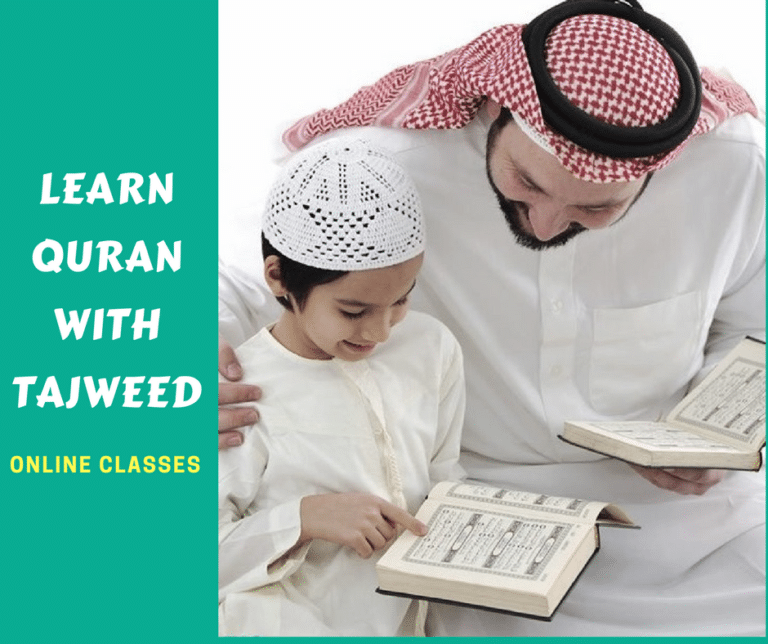Learn Arabic language holds a special significance for Muslims around the world, as it’s the language in which the Quran the holy book of Islam was revealed to the Prophet Muhammad. The classical Arabic of the Quran isn’t only a means of religious practice but also a gateway to a rich artistic geography. Reading the Quran in its original language allows for a deeper appreciation of its nuances, poetry, and essential beauty that’s frequently lost in restatement.


The Significance of Learning Arabic for Reading the Quran
Fornon-Arabic speakers, the idea of reading the Quran in its original language can be dispiriting. still, the trouble of learning Arabic is considered a noble bid with spiritual prices. Learn Arabic enriches the experience of connecting with the textbook, enabling a more particular and profound understanding of the godly words.
Fundamentals of Arabic
To begin learning Arabic to read the Quran, one must start with the fundamentals
Letters Arabic is written from right to left and has 28 letters. Each letter has up to four different forms, depending on its position in a word.
Vowels Short vowels in Arabic aren’t part of the ABC but are indicated by marks above or below the letters. They’re essential for correct pronunciation.
Introductory Alphabet Understanding introductory judgment structures, the verb-subject agreement, and the noun-adjective relationship are pivotal.
Tajweed Rules These are the rules of Quranic enumeration, including proper pronunciation and accentuation, which bear specific study.
Uses of Interactive Languages
Examine state-of-the-art language literacy programs designed to make Arabic approachable and engaging. The digital period has brought about a more dynamic and interactive language literacy experience. Make use of language apps that give interactive pronunciation drills, assessments, and learning accouterments. These apps generally employ gamification to increase the delightful factor of literacy. You can ameliorate your pronunciation and ensure that you are learning the language correctly by using tools like speech recognition.
Coffers to Aid Learning
There are multitudinous coffers available for those embarking on the trip to learn Arabic
Books There are numerous handbooks designed for non-native speakers to learn Quranic Arabic.
Online Courses Websites offer structured courses, ranging from freshman to advanced situations.
Mobile Apps Apps can give interactive literacy gests and the inflexibility to exercise anytime, anywhere.
The key to success in learning Arabic is consistent and diverse practice.


Practice Strategies
Daily Reading Set away time every day for reading Arabic, starting with simple textbooks and gradationally moving to more complex bones.
Listening to the Quran being recited correctly can significantly improve pronunciation and understanding.
Speaking with Native Speakers Engaging in discussion with native Arabic speakers will help you become more comfortable with the language.
Writing Exercises Practice writing Arabic to become familiar with the script and ameliorate handwriting chops.
Conclusion
continuity and harmonious practice are the keystones of learning Arabic to read the Quran. It’s a process that demands tolerance and time, but the prices are bottomless. The understanding that comes from reading the Quran in its original language deepens the spiritual connection and enhances the prayer experience. Every trouble made in this pursuit is seen as an act of deification, making the trip as satisfying as the destination. Whether you have just begun or are well on your way, the path to learning Arabic is one of particular and spiritual fulfillment.
FAQs
How much time does learning Arabic take to read the Quran?
Everybody starts this trip differently. Commitment and steady work are essential factors of literacy.
Is learning the Quran through online Arabic courses effective?
Yes, a lot of Quranic Arabic-specific online courses are available that offer availability and inflexibility.
Is it possible to learn Arabic outside of a classroom?
Formal courses give structure, but with commitment, tools, and engaging guests, tone-literacy is attainable.
Is literacy in classical Arabic needed to read the Quran?
Understanding Quranic Arabic is sufficient to comprehend the holy textbook, indeed though classical Arabic is salutary as well.
How can I maintain my provocation while I am learning?
Set attainable objects, admit accomplishments, and be in the company of encouraging people.

